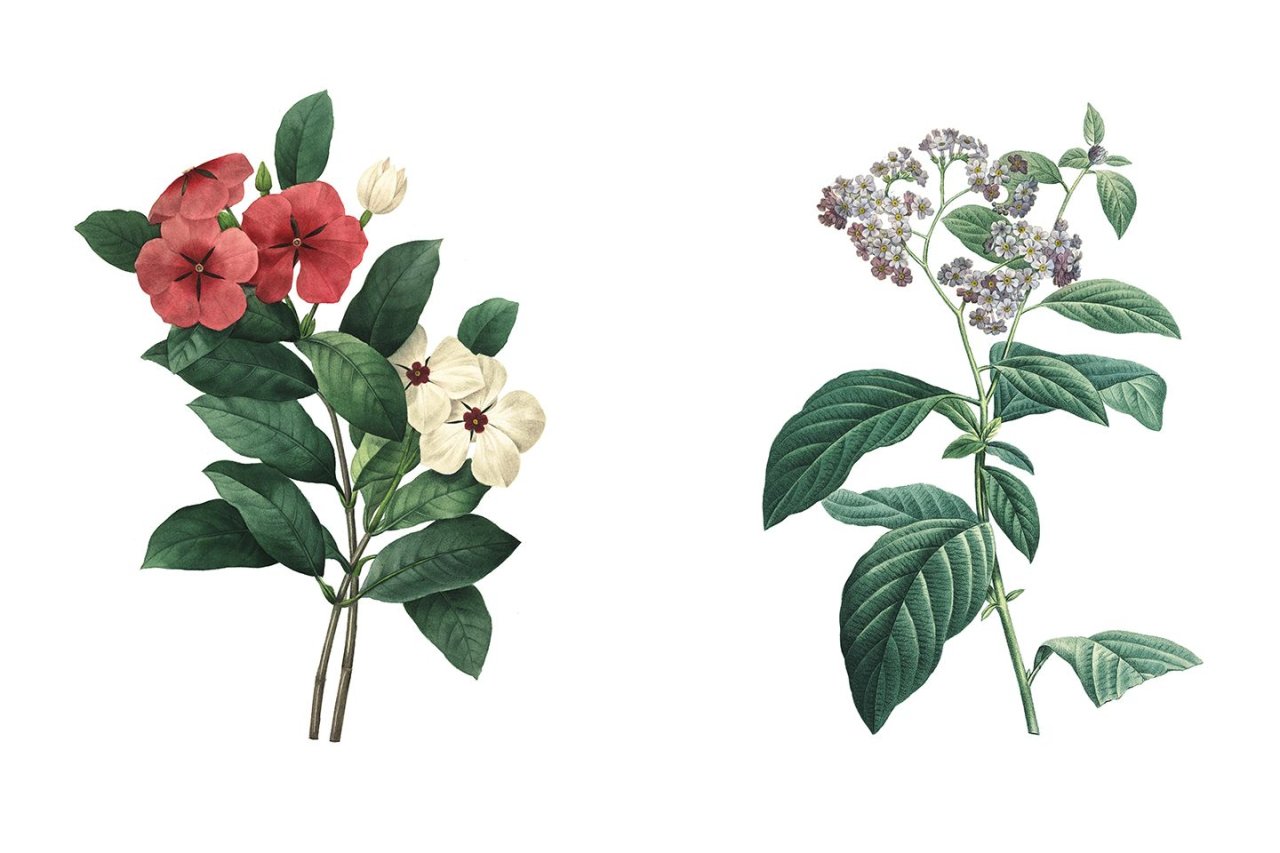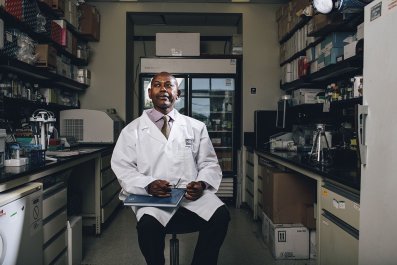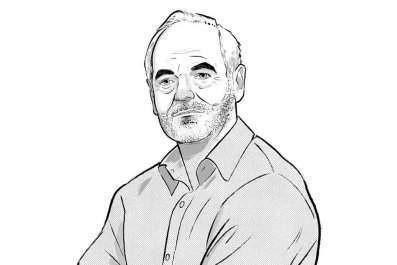Humans aren't the only organisms with flexible genes. Anything that reproduces contains a blueprint for making more of itself. And all DNA is susceptible to outside influence: The environment in which it lives can force dormant genes into action or new traits to appear. Stressful situations—changes in climate, temperature or predators, for example—are particularly good at eliciting genetic change.
The world of flora has long been a source of cancer-fighting therapies. The breast, ovarian and lung cancer drug paclitaxel, the most well-known example, originally came from the Pacific yew tree. Drugs to treat testicular and some lung cancers are based on chemicals in the common mayapple. A group of drugs known as the vinca alkaloids, commonly included in chemotherapy regimens, are derived from Madagascar periwinkle.
When it comes to using plants as medicine, the very traits that enable them to withstand environmental stress are often the ones that fight illness. Joe Chappell, who researches natural products at the University of Kentucky, wondered whether exposing Madagascar periwinkle to a new threat would increase its anti-cancer properties by waking up inactive genes. To find out, he exposed the plant to a hazard it would never encounter on Earth: zero gravity.
Last year, Chappell, with the help of Space Tango, a commercial company that provides support for research in microgravity, sent Madagascar periwinkle seedlings to the International Space Station. He also sent seedlings of valerian, a plant with anti-anxiety properties. In the coming months, Chappell will find out whether growing in orbit created changes in the plants' DNA. If so, those changes can be tested for their cancer- and anxiety-fighting attributes.















